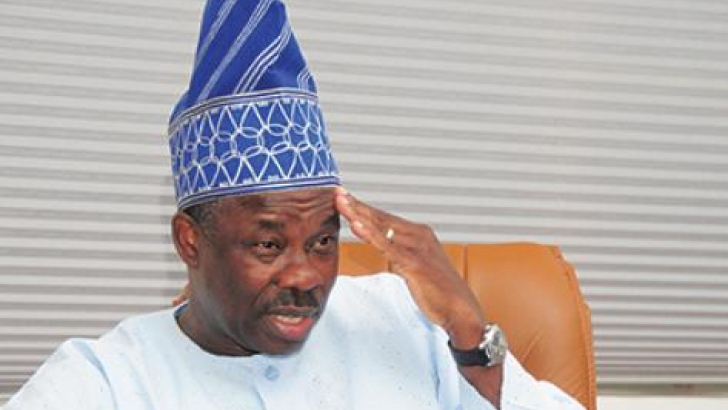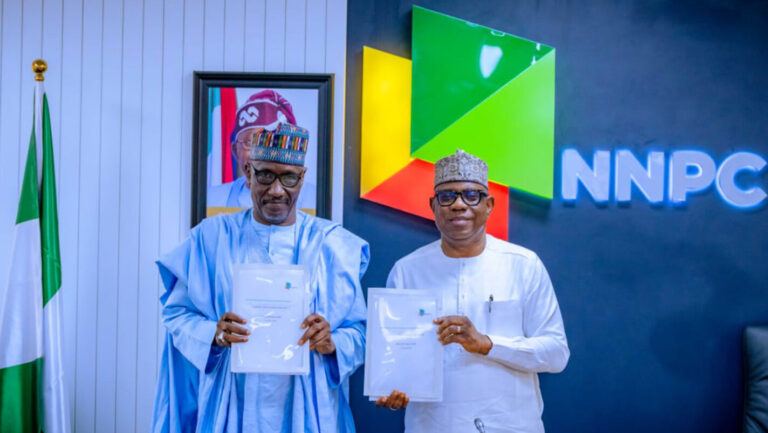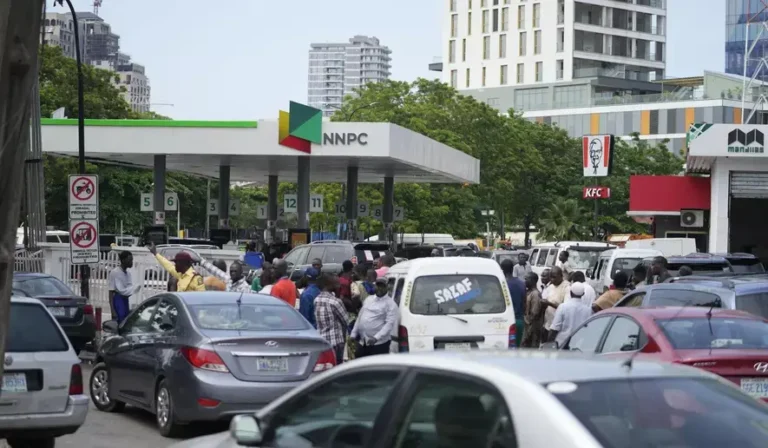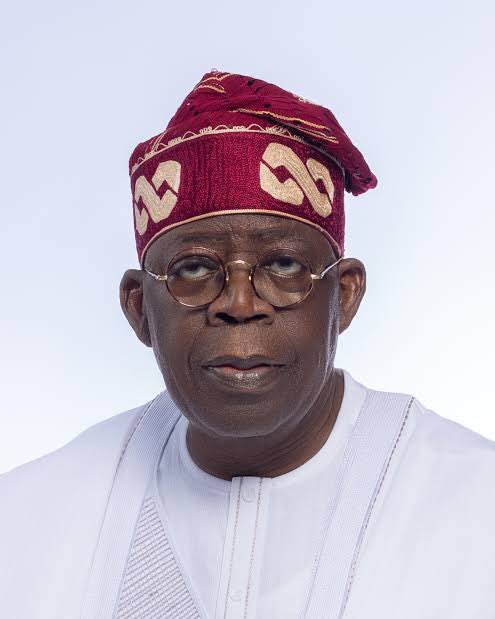
A former Governor of Ogun State, Senator Ibikunle Amosun, said he was deceived into handing over a free trade facility in the State to an investment group from China, Zhongfu International Investments.
Amosun, who was the governor of Ogun State from 2011 to 2019, stated this in a statement he personally signed on Saturday.
The former admitted that he did not do a thorough assessment of facts before asking a Chinese team to take over the Ogun-Guandong Free Trade Zone in 2012.
This “costly decision” marked the beginning of a protracted legal crisis that led to aggrieved Chinese investors’ recent targeting Nigeria’s assets in Europe and the United States.
In 2007, the free trade zone was conceived between the then Governor of Ogun State, Senator Gbenga Daniel and Guangdong Xinguang International China Africa Investment Ltd (or China Africa) to facility seamless trade between Nigeria and China in Igbesa, Ogun State.
China Africa, the major investor at 60 per cent of the stake, was developing the 10,000 hectares facility when, in 2012, a year after Amosun assumed office, another firm, Zhongfu International Investment Ltd, sought to manage the facility, alleging poor management.
According to Amosun, he subsequently asked Zhongfu investors to take over as the interim managers of the trade zone before his administration could find time to investigate the allegations.
“Zhongfu International Investment FXE, pretending to be a concerned and genuine tenant and Zone stakeholder, volunteered very damaging and destructive information about the official representatives of Guangdong Province, the Joint Venturer and lawful Zone Managers, China Africa Investment FXE and subsequently requested to be appointed as Interim Zone Managers.
“Based on the information at the government’s disposal at the time, Zhongfu International Investment FXE was appointed interim zone manager on March 15, 2012, pending further evaluation.
“The whole idea was to ensure that someone was in charge and thereby prevent unwholesome and untoward development in the zone pending the completion of our fact-finding exercise.
“It was later discovered that the information and claims volunteered by Zhongfu International Investment FXE against China Africa Investment FXE were tissues of lies.
“Unknown to Ogun government at the time, Zhongfu International Investment FXE merely sought to de-market China Africa Investment FXE and to surreptitiously covert the state-owned assets of Guangdong Province in China together with the zone ownership and management rights of their business rival,” he stated.
Amosun stated further that the Chinese authorities later directly intervened through several notes from the country’s mission in Nigeria.
“It was further discovered – much later – through the intervention of the Chinese Government via Diplomatic Note 1601, dated March 11, 2016,” he said.
Amosun disclosed that the Chinese government later informed him that the company he had terminated was the rightful owner of the investment.
The former governor said after he ousted Zhongfu International Investment, the company approached Nigerian courts to ventilate its legal and business rights but lost all four cases filed.
“Nigeria should not give Zhongfu International Investment FXE any listening ear as doing so would amount to indulging and, encouraging an unlawful entity without locus standi to appropriate our common patrimon.
“This matter of Zhongfu International Investment FXE should be treated the way Nigeria treated the P&ID case. There is no basis for negotiation,” he said.
Amosun was recently criticised as the source of Nigeria’s confrontation with Chinese investors before international arbitration panels.
The Chinese have been trying to seize the presidential jets being used by President Bola Tinubu in France.
On August 9, an appellate judicial panel in the United States authorised Zhongfu’s to proceed with its legal efforts to seize Nigeria’s assets in the U.S.
The firm had in 2021 obtained a compensation judgment in the United Kingdom to the tune of $60 million, which it has since been trying to enforce in France, U.S. and other countries where Nigeria’s assets could be targeted.


